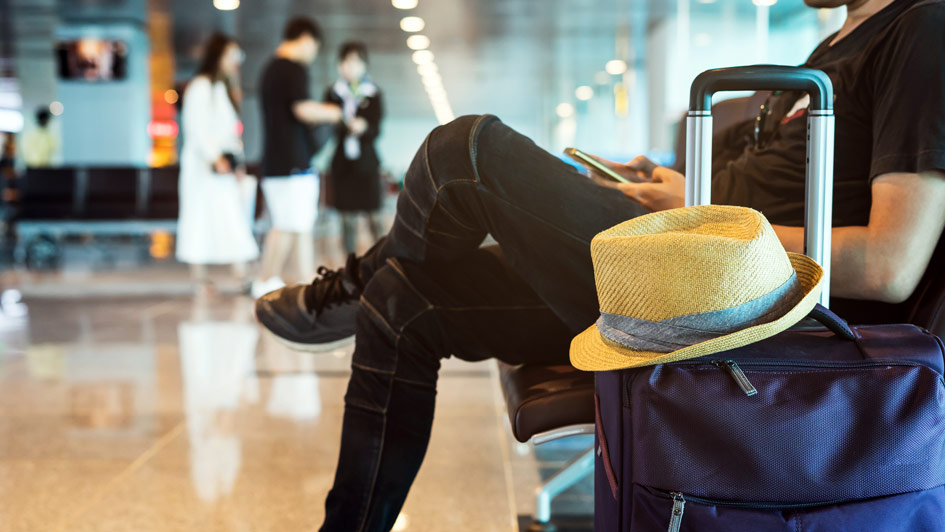
Between a relaxing vacation or a long trip for work, traveling means making preparations for your heating and cooling system. You don't need it as long as you’re away, so you can adjust the temperature as needed to minimize your energy use. Just the same, you shouldn't just leave it off for the entire time you're gone.
Instead, it’s best to leave your HVAC system running and just raise or lower depending on the season. That way you can reduce energy costs without worrying about getting back to an uncomfortable home. We’ll walk you through why you should avoid turning your HVAC system off as well as the ideal thermostat settings for various times of year.
This Is Why You Avoid Leaving Your Thermostat on Hold
While you might be tempted to leave your HVAC system off before a trip, this will sometimes end up leading to costly problems by the time you come back. This is notably true if the weather will be severely hot or cold while you’re gone.
For instance, shutting the HVAC system off in the summer could cause very high humidity. Not only will your home feel muggy and uncomfortable when you return, but it could have also invited mold/mildew growth or pest infestations.
And in the winter, not using the furnace can lead to pipes freezing or even bursting. It’s an awful feeling to return home from a nice trip only to find considerable water damage close to a broken pipe.
Energy-Efficient Thermostat Settings While at Work
You can make temperature adjustments even as you come and go to work. Because you’re out of the house for around 8 hours or so, it doesn’t seem sensible to keep an empty home at the same temperature you’d usually have. Generally, it’s encouraged to raise the thermostat by 5 degrees or more. That means that if you prefer a comfortable 72 degrees, try increasing it to 76-77 while you’re gone.
But you may save even more if you're open to further adjusting the temperature. As reported by the Department of Energy, you could save about 10% on your HVAC spending by increasing the adjustment to 7-10 degrees.
Ideal Thermostat Settings While Away from Home in Summer
If you're on a longer trip in the heart of summer, you can make more significant adjustments. This ensures you don’t waste energy while still safeguarding your home from the problems that come with leaving it uncooled. Something like 5 degrees is appropriate for short trips while a larger adjustment of 10 degrees is worthwhile if you’ll be away from home for 2 weeks or more. If you like keeping the house at 72 in the summer, 78-82 should offer the best results.
Recommended Thermostat Settings While on Vacation in Winter
To determine the most energy-efficient thermostat setting for a winter trip, simply lower it by the same amount you would adjust it in summer. 68 is a frequent winter thermostat setting, so adjusting to 63-58 will protect your plumbing while limiting how frequently your furnace operates.
Smart Thermostats Are Even Better: Advantages of Smart Thermostat Installation
A great way to optimize your home’s HVAC system while away from home is with a smart thermostat. This special type of programmable thermostat utilizes intelligent software to track your typical comfort habits. It applies these preferences and makes automatic changes to the schedule for better energy efficiency. And with Wi-Fi compatibility, you can remotely access your heating and cooling from a mobile device or tablet.
Smart thermostats are stuffed with features to help you save even more. For example, specific models can track electricity prices to bolster heating or cooling when prices are more affordable. They are compatible with high-efficiency, variable-speed equipment to refine how long your HVAC system needs to run. It’s the ideal tool to enhance how you use your comfort system. If you’re considering investing in a smart thermostat, there are multiple ways you can bring down your costs, in essence getting a smart thermostat for free. The next time you are away from home, you can receive true peace of mind that your HVAC system won’t cause any trouble while you’re away.

